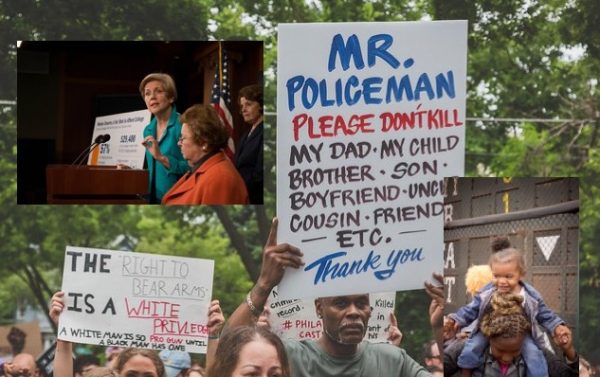
Welcome back! This week we’ve got social science research on Elizabeth Warren’s student debt plan, how Black motherhood is political, and why Black girls get left out of “police talk.”
There’s Research on That!:
“The Sociologists Behind Warren’s Education and Debt Plans,” by Jean Marie Maier. Meet the sociologists who influenced Elizabeth Warren’s ambitious plan for free college and student loan relief.
Discoveries:
“Do Black Girls Matter in Police Talk?” by Amber Joy Powell. New research in Gender & Society finds that Black girls are left out of public discourse regarding police violence and the everyday “police talk” Black mothers use to teach their children how to navigate interactions with law enforcement.
Clippings:
“Black Motherhood as Political Struggle,” by Amber Joy Powell. The Nation draws on research from Patricia Hill Collins and other social scientists to demonstrate how Black motherhood is a political struggle.
From Our Partners:
Council on Contemporary Families:
“Revisit: CCF Mother’s Day Symposium on Housework, Gender and Parenthood,” by Stephanie Coontz.
And from the Community Pages:
- Cyborgology ponders why the Japanese custom-fit clothing company shut down its international operations and what it means for the rest of us.
- Dispatches from a Dean reflects on media literacy for Generation Z.

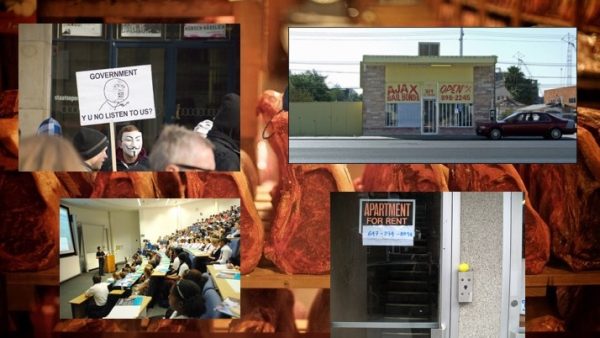
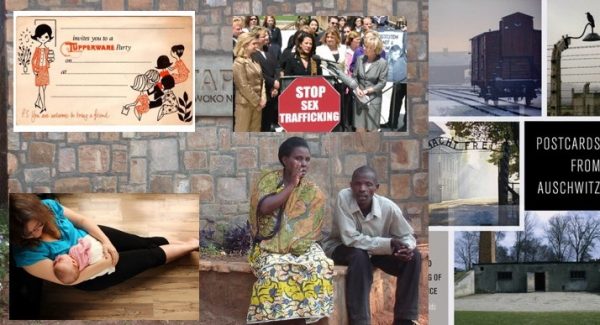

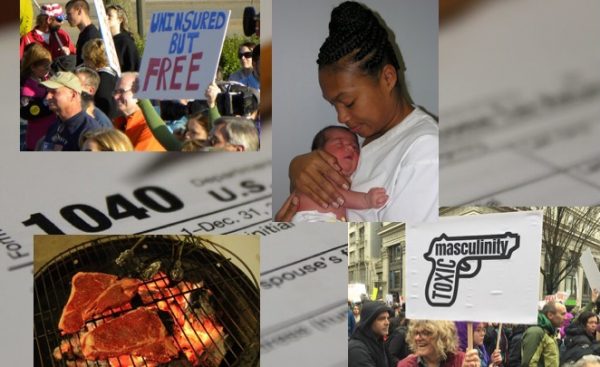
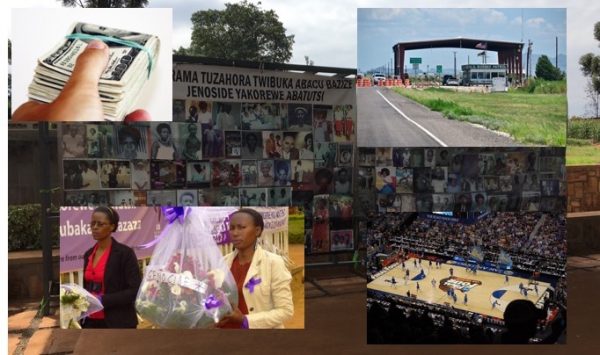



 Welcome back! This week on TSP we’ve got social science research on intimate partner violence, male victims of sexual assault, and how lynchings matter for current punitive attitudes. We’ve also got sociological takes on unplanned pregnancies and civil justice.
Welcome back! This week on TSP we’ve got social science research on intimate partner violence, male victims of sexual assault, and how lynchings matter for current punitive attitudes. We’ve also got sociological takes on unplanned pregnancies and civil justice.